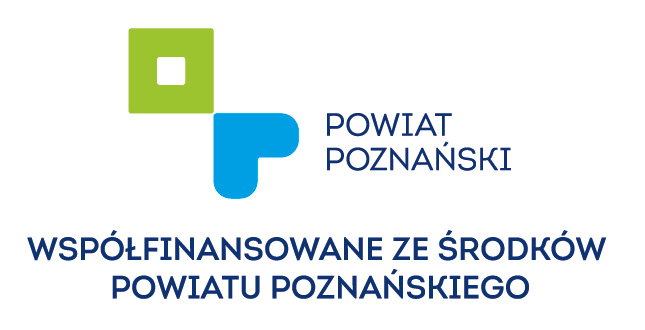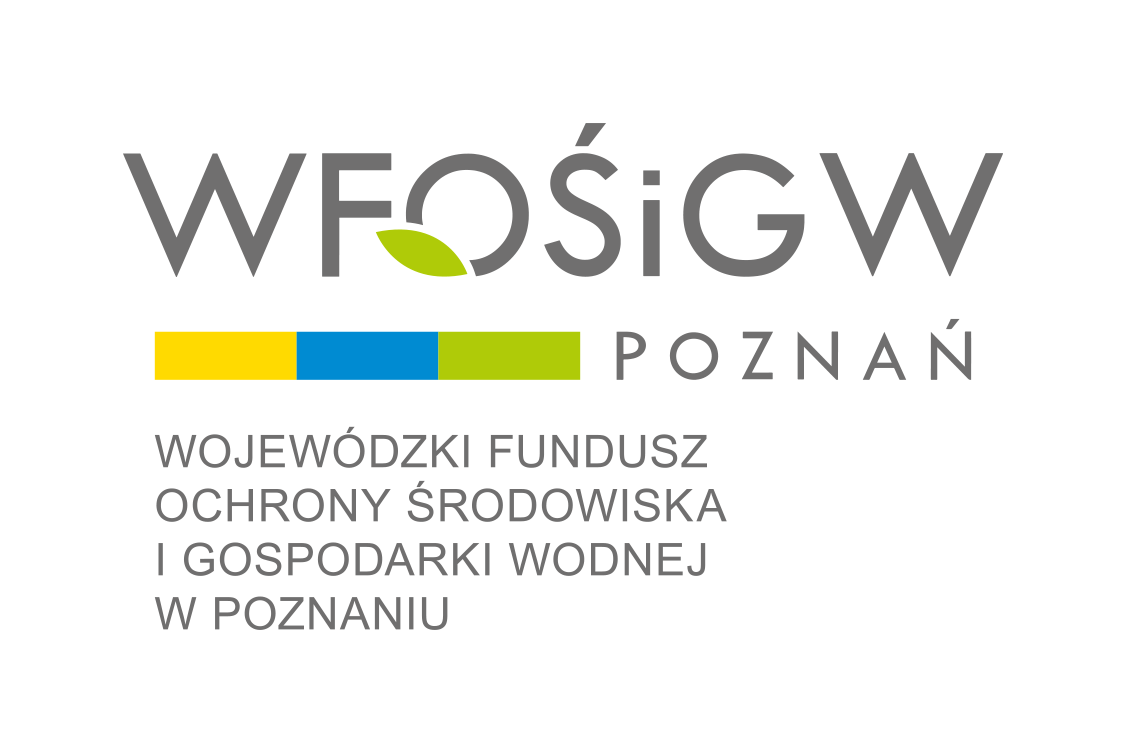General info
Katarzyna Marcysiak
Taxonomic position of Pinus uncinata Ramond ex. DC. in Lam. & DC. on the base of cone characters
The biometric analysis of 10 samples of Pinus uncinata cones were done: 8 samples from the Spanish Pyrenees and 2 from the Massif Central. For comparisons, 11 samples of Pinus mugo from the Carpathians, the Sudethians and Abruzzian Apennines and three of P. sylvestris from Poland and Spain were studied. Each sample comprised 50 cones, 11 characters were measured and other 5 calculated, results were analyzed statistically.
Pinus uncinata cones were big, with average length 51.0 mm, width 29.0 mm and scales number 109.4. Thick apophyses (about 6 mm) with prominent, bent appendices, approximately 8.59 mm long and the asymmetry of the cone base were their most distinct features. All characters were moderately varied, with correlation coefficient ranging from 10 to 26%.
Results of statistical analysis of cones showed separateness of Pinus uncinata from both P. mugo and P. sylvestris.
Populations from the Massif Central composed of Pinus uncinata, P. mugo and hybrids.
The prominent appendices of apophyses, the asymmetry of cone base, length and width of cones well distinguished P. uncinata from related species, while the cone shape and the apophyses measurements and shape were similar for the taxa studied.
Based on the results obtained, the number of scales probably did not depend on the taxonomy, but was connected with the geographical position. Pine cones from populations from north-eastern parts of Europe had less scales, while southwestern European populations had cones with numerous scales, regardless of their taxonomic position.











